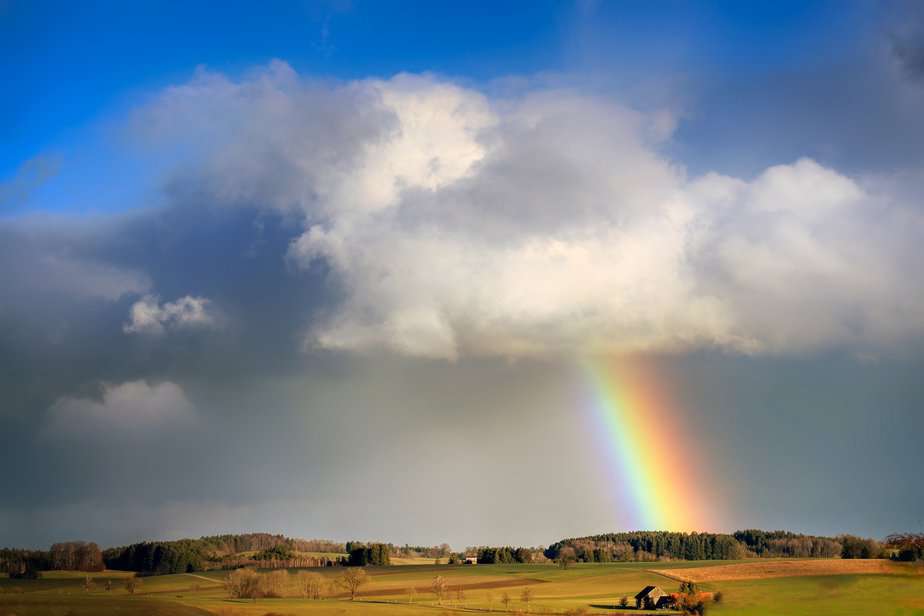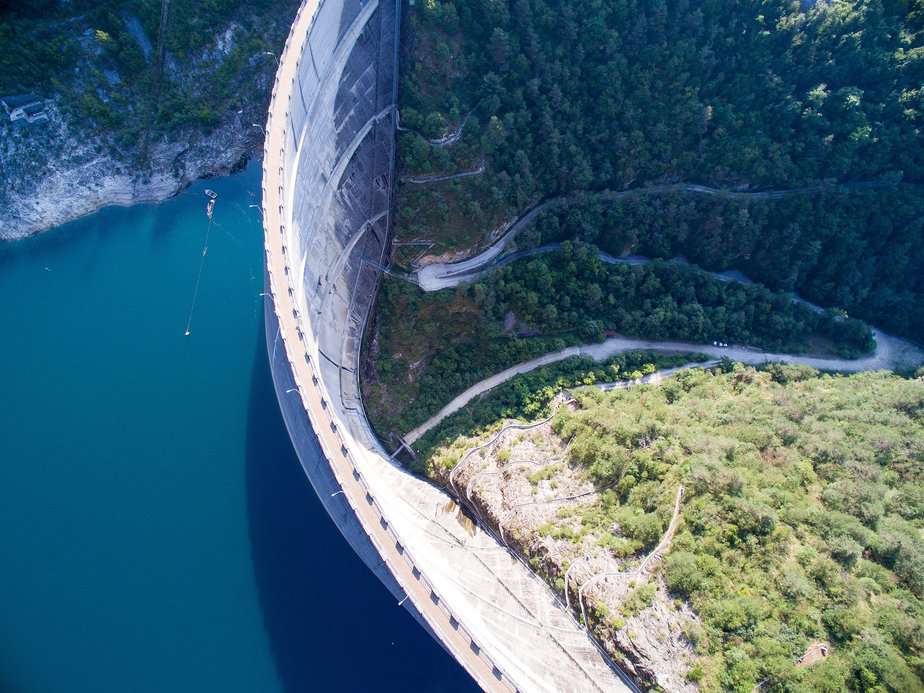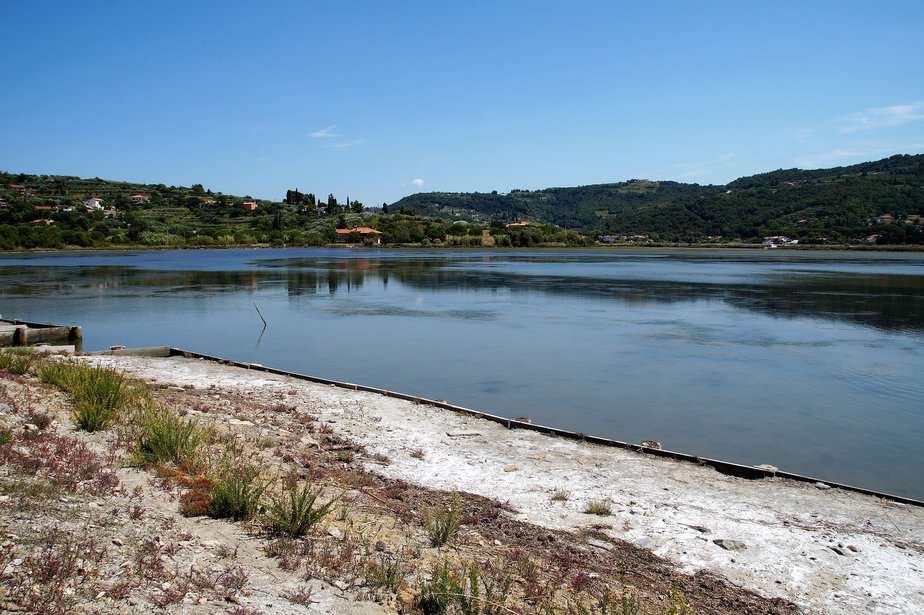Low rainfall or drought is a pressing concern in many regions across the world, leading to water scarcity, crop failures, and environmental challenges. Climate change and natural variability have exacerbated this issue, making it essential for communities to implement proactive strategies to address low rainfall and its consequences.
Tag Archives: security
Australia is a land of stark beauty, known for its diverse landscapes, unique wildlife, and vibrant cities. However, beneath this captivating exterior lies a pressing issue that threatens the nation’s very survival: its perilous water future. This blog post explores the challenges Australia faces in managing its water resources and the critical steps needed to secure a sustainable water future for generations to come.
During the last El Niño event in Australia, major cities like Brisbane, Sydney, Canberra, and Melbourne faced significant water supply challenges. Now, with three wet La Niña years behind us, the question arises: are we better prepared for future droughts? The answer is a bit nuanced, and we’ll use Sydney as an example to illustrate the situation.
Water plays a pivotal role in sustaining all forms of life on Earth, including human civilization. As the most essential resource, water impacts various aspects of our society, from agriculture and industry to health and sanitation. In this blog post, we will delve into the ten critical reasons why water is indispensable for the survival and prosperity of civilization.
Water is an essential resource for life, and its scarcity during droughts can pose significant challenges to communities and individuals alike. To ensure water security in times of drought, having an adequate water storage system in place is crucial. But how much water do you actually need in storage to achieve this level of security? In this blog post, we will explore the various factors and calculations required to determine the right amount of water you should store to withstand a drought effectively.
As the global population grows and the demand for water and energy increases, the construction of dams has often been seen as a solution. Dams serve several purposes – from storing water and flood control to generating hydroelectric power. However, the environmental and social impacts of dams – including habitat destruction, displacement of communities, and changes to ecosystems – have led to growing concerns. As a result, alternatives to dam construction are being explored. Here are three sustainable alternatives to building a dam:
Water is the most essential resource we need to survive. With increasing global challenges, such as changing weather patterns, growing populations, and depleting resources, water security has become a critical issue for many.
As responsible individuals, ensuring a consistent, clean, and adequate water supply for our families should be a top priority. Here’s a comprehensive guide on eight steps you can take to achieve water security for your family:
Dams play a critical role in water resource management, providing water for irrigation, drinking, power generation, and other essential needs. However, one of the major challenges dams face is evaporation, which leads to significant water losses over time. As climate change and water scarcity become more pressing concerns, it’s essential to adopt strategies that minimize evaporation losses from dams. In this article, we’ll explore eight effective ways to tackle this issue and optimize the water storage capacity of dams.
In an era of growing water scarcity and climate change, adopting water-wise farming practices has become more critical than ever. Water-wise farming not only ensures the sustainability of agricultural operations but also contributes to overall water security. In this blog post, we will explore ten essential tips for farmers to implement water-efficient practices and secure their water resources for a resilient and productive future.
Droughts are natural phenomena that can have devastating effects on agriculture, particularly for small farms. As climate change intensifies, the frequency and severity of droughts are increasing, leaving farmers grappling with water scarcity and its impact on their livelihoods.










